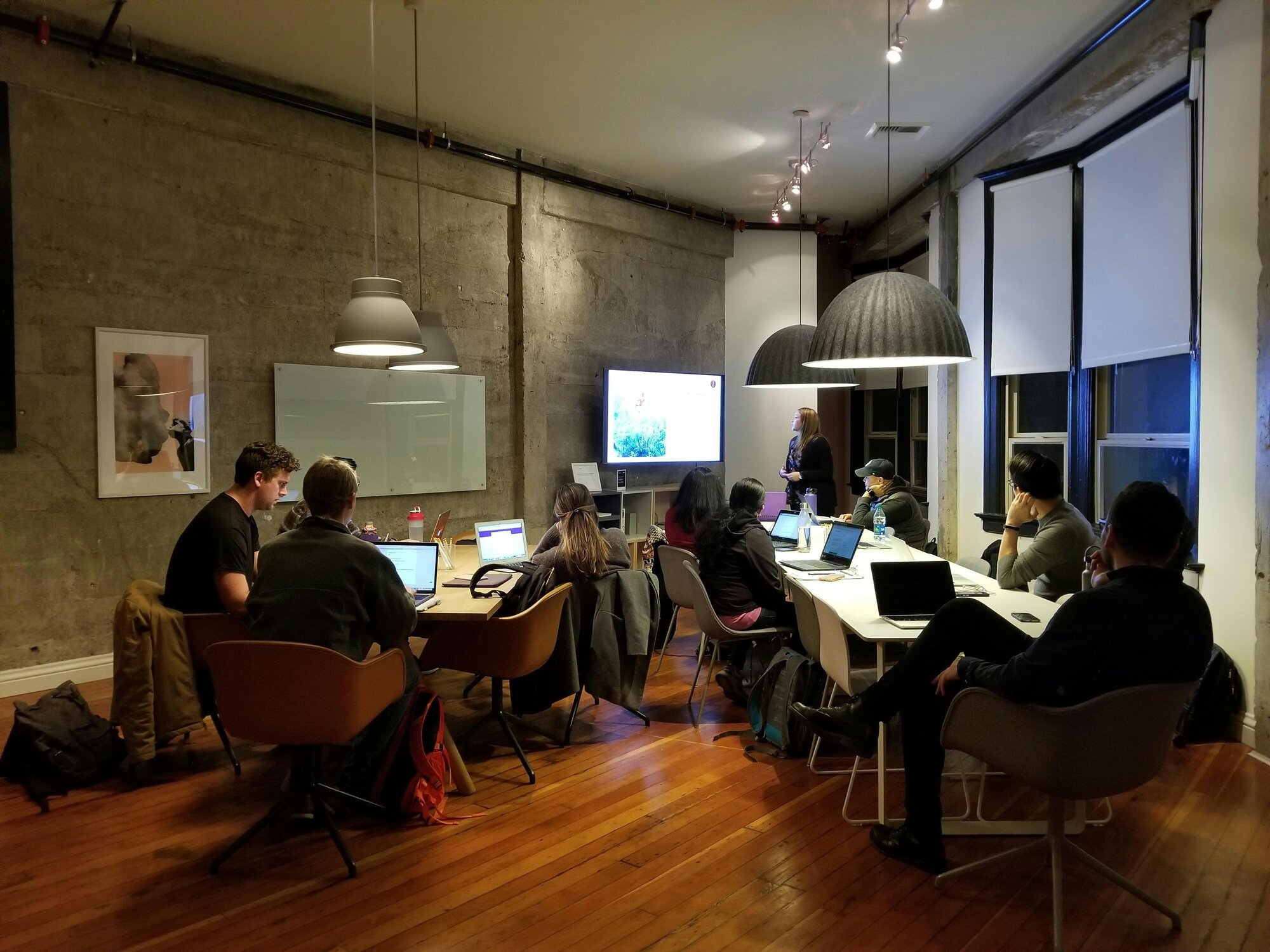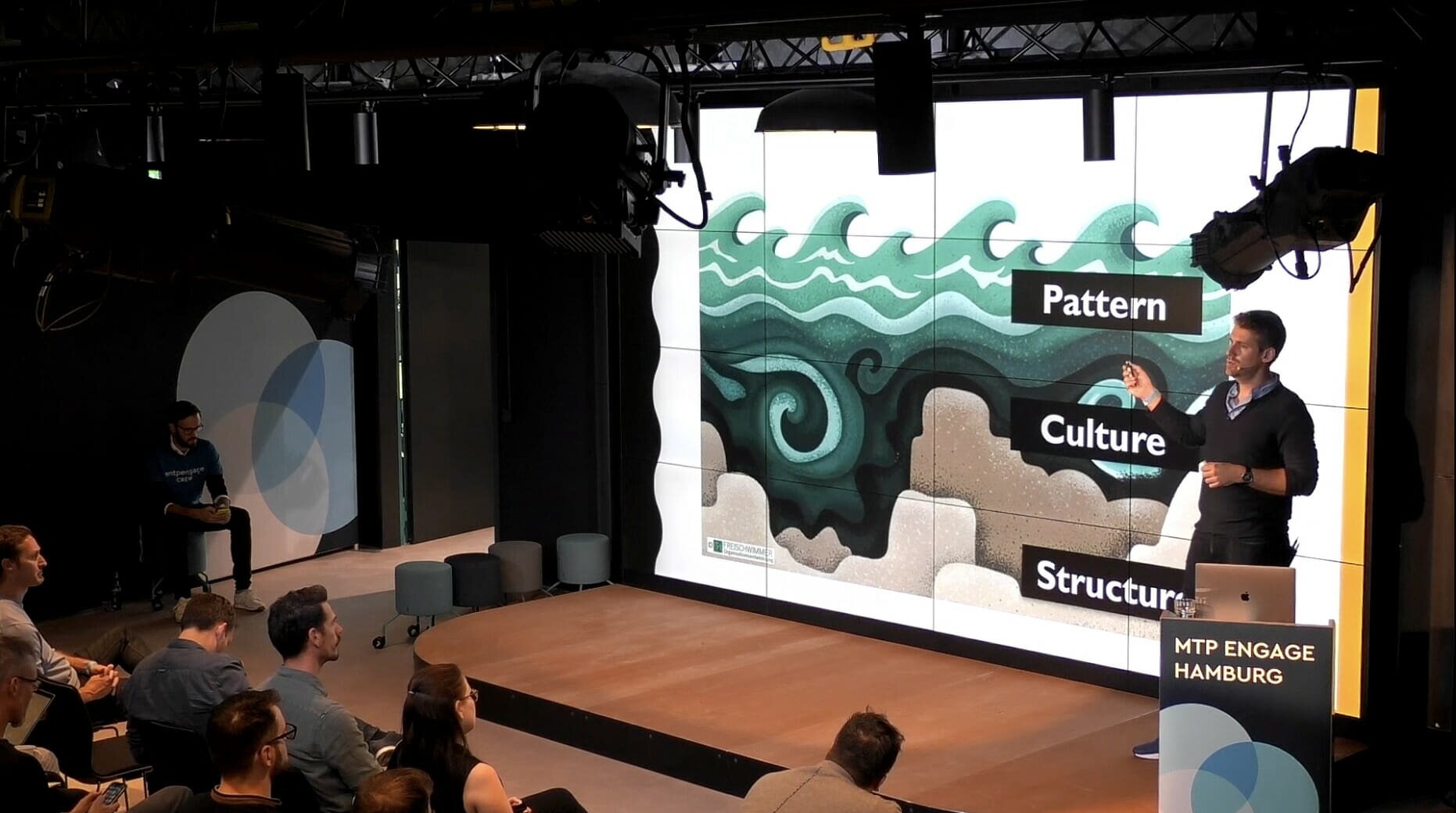In this #mtpcon SF+Americas 2022 keynote session, Farai Madzima, UX Manager at Shopify explains that diverse teams are the most effective. By continually prioritising inclusivity, starting today, you can boost safety and belonging, trust and vulnerability, and start to influence change in the tech industry.
Watch this video or read on for key highlights from the talk.
- Products that have a narrow view of ‘normal’ are bad for business, society and our future
- For effective teams, ‘inclusivity’ means boosting safety, belonging, trust and vulnerability
- High-performing diverse teams maintain ongoing communication
Farai begins by analysing the evolution of Hip Hop, a genre that developed from 1960s New York party culture, with DJ & MC duos later turning tracks to tapes, then records, before finally receiving radio time as mainstream mainstays. Rooted in self-referentialism, Hip Hop offered a cultural critique of an artist's social and societal surroundings, such as systemic poverty, economic challenges, and the plight of black people, drug epidemics and ongoing police brutality. As audiences grew, opportunistic performers flexed the content and the context, a product of marketing and monetisation, leading to politicised attacks from parents, religious leaders, and law enforcement, reeling at musicians now seemingly glorifying the societal issues they once cast a light on.
This amalgamous genre is simply self-reflective Farai says, referencing Mos Def who, when questioned, explained that the future of Hip Hop is ‘whatever’s happening to us’. Similarly, when looking at the evolution of tech, we can see the industry talked about ‘as though it's some giant living in the valley’, challenged for its ethics (or lack of), the impact it has on society, on privacy and the processes followed. The industry, Farai says, is simply a reflection of the work we do; ‘We are the tech industry. Me, you, everybody. We are the tech industry’.
‘The challenges we face are systemic. And if me, you, everybody recognise where things are going wrong then we can take action to try and get things towards the right place’.
Diverse, talented and happy teams
Today ‘we are designing and building features and products that have a narrow stunted view of what is normal, what is typical in society'. Farai says, ‘this is bad for business, is bad for society, and is bad for our future’. What’s crucial, he says, is the need to hire diverse talent, working with people who are ‘strangers to us’. And we need to keep them in our teams, understanding ‘What makes you happy? What makes you stay in the job you’re in?’
Farai explains how there’s ‘not one thing’ that makes us happy at work, or happy to work, it’s a system of things – ‘it is about feelings of belonging, feelings of making progress, feelings of being able to improve ourselves, feelings of significance’. And it’s also about being in ‘kickass teams’. Referencing Daniel Coyle’s Cultural Code, he says ‘the most critical thing that makes the team a sum of its parts is – safety, belonging, trust, vulnerability’. These 4 things ‘sum up to ‘inclusion’ – it’s what makes diverse teams effective’.
Building inclusivity into your team
Farai shares learnings from his own experience, with actionable exercises you can take to your teams to improve inclusivity:
Start with alignment – Accelerate trust and reduce interpersonal distance by working to better understand the people you work with. One exercise you can use is agreeing to a confidential exchange of life stories with a teammate over a 30 minute ‘interview’, to understand your journey. An alternative for a wider team setting is to write a charter together documenting your ‘superpowers’ and your ‘kryptonite’, how you each value feedback, and what you think great communication looks like – then use this information to build rituals.
Alignment requires both trust and safety Farai says, recognising that it’s not always easy to reach, and can be threatened by tactless or bigoted questions. He recommends practising ‘zero-tolerance, with kindness, in the moment’, a lesson from Mekka Okererke, Director of Engineering for Google Play. If something threatens psychological safety ‘make a stop right there, make no exceptions’, allow for clarification, time to reflect, and time to change.
Say my name, properly – Understand that the names you use for your teammates may not be their full or favoured name, but one they have chosen to avoid friction, making it easier for you to pronounce. ‘It doesn't take much to say, “listen, I don't have those syllables in my language, would you take a minute to teach me how to say your name properly?”. It feels awkward. It feels uncomfortable. But then it makes such a difference’.
Give time to think and speak – Be open to new rhythms in how you work together, give people opportunities to lead where possible, and support them with coaching. Farai recommends rotating meetings leaders, allowing people the ability to opt-in or out. Additionally, give people the time and safety to contribute, even if that means taking more time – try asking the whole team to think about something for 2 minutes before answering, or request suggestions directly, 1 or 2 at a time.
Overthank – Overthanking is about continually recognising people, even for doing the job they’re paid to do. ‘When we overthank we are reiterating signals that we appreciate the value that you bring here, and you belong’.
Farai re-iterates how ‘effective diverse teams have an ongoing exchange of signals’, a system which continually reinforces a sense of safety and belonging, maintaining trust and valuing vulnerability. ‘Vulnerability is not taboo’, he says,’it just means when you put yourself out there at a time in a situation when you don't have control of the outcome, but you're doing so because you know there's something greater on the other side for yourself and for the team’.
Farai returns to Hip Hop, a genre which today has seen artists buy and sell tech companies, win Pulitzer prizes, and cook with Martha Stewart. It’s not all ‘clean’ he acknowledges, but it’s more ‘conscious’. Finally he asks, ‘What’s going to happen with the tech industry? It starts with me, you, and everybody’.
There's more where that came from!
Explore more #mtpcon SF+Americas 2022 video content or use our Content A-Z to find even more product management insights.






